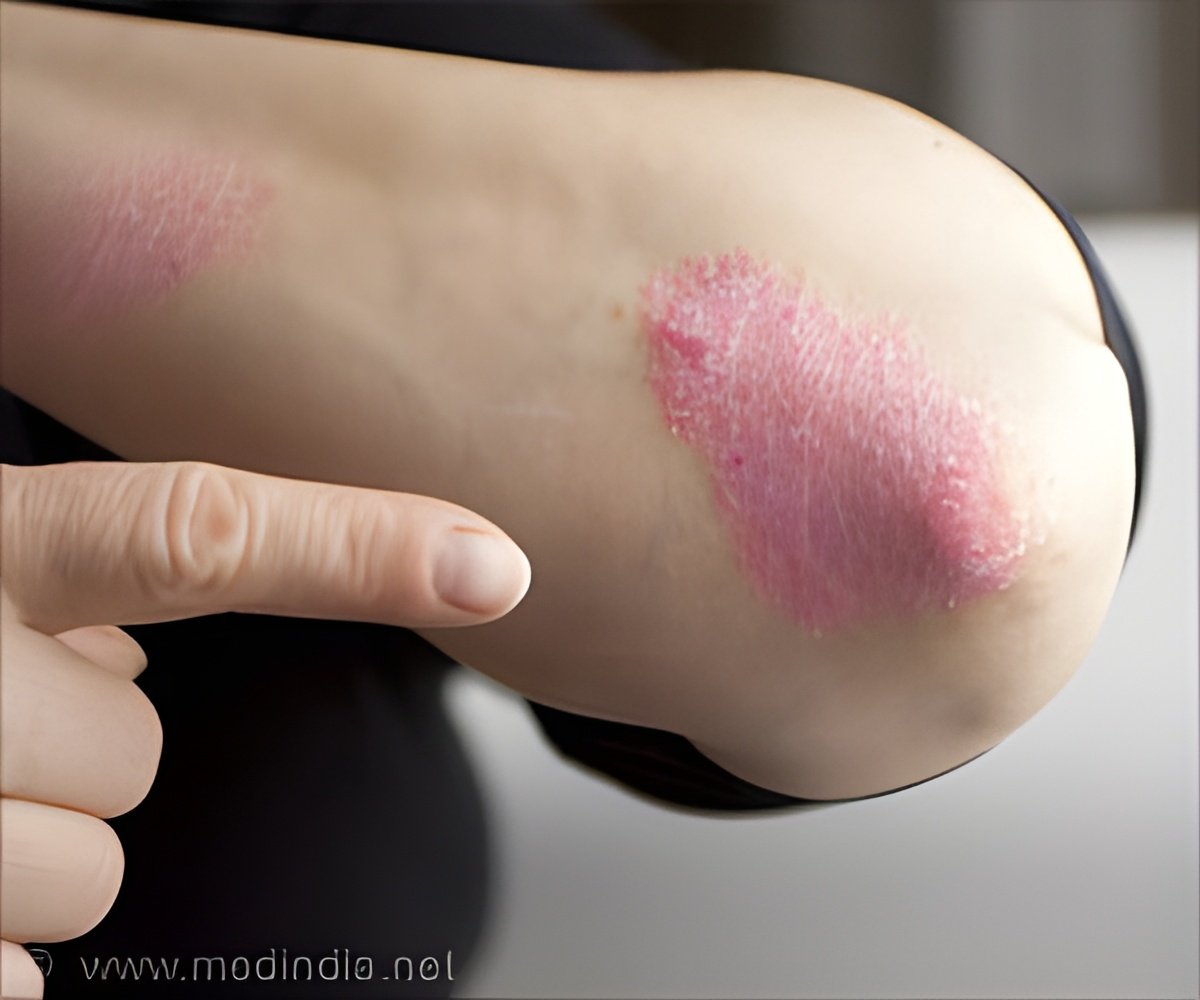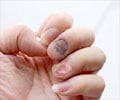Molecule discovery may open up new avenues for gene therapies to treat skin problems like psoriasis, reveals a new study.

TOP INSIGHT
Newly discovered protein could hold the key to novel gene therapies for skin problems like psoriasis, reveals a new study.
Read More..
However researchers led by Dr. Aditi Kanhere from the University of Birmingham's School of Biosciences found a shortened form of JARID2 in adult skin cells, and they showed it is responsible for ensuring these skin cells 'differentiate' (become a more specialized cell type).
They dubbed the newly discovered protein ?N-JARID2.
The significance of this finding was immediately recognized by Dr. Kanhere's team, which studies how gene expression is regulated in normal and diseased conditions.
Dr. Kanhere explains: "In some diseases, cells lose their ability to differentiate and reproduce more rapidly. Being able to redirect cells back to their usual life cycle could alleviate the processes behind the disease."
Dr. Kanhere's research shows that ?N-JARID2 is present in the skin layers, where it is where it is responsible for ensuring that the tissues maintain their usual state of differentiation which is necessary to properly form skin layers.
The research team is now investigating how ?N-JARID2 is generated and its wider implication in disease, while the patenting team hopes that this discovery will ultimately lead to novel therapies for skin conditions.
Source-Eurekalert
 MEDINDIA
MEDINDIA




 Email
Email










